This article was co-authored by Klare Heston, LCSW and by wikiHow staff writer, Amy Bobinger. Klare Heston is a Licensed Independent Clinical Social Worker based in Cleveland, Ohio. With experience in academic counseling and clinical supervision, Klare received her Master of Social Work from the Virginia Commonwealth University in 1983. She also holds a 2-Year Post-Graduate Certificate from the Gestalt Institute of Cleveland, as well as certification in Family Therapy, Supervision, Mediation, and Trauma Recovery and Treatment (EMDR).
There are 20 references cited in this article, which can be found at the bottom of the page.
This article has been viewed 27,028 times.
It's not a big deal if your partner has trouble getting or keeping an erection once in a while—it happens to most men at some point. However, if it starts happening frequently, he might be suffering from erectile dysfunction, or ED. ED can be caused by underlying health issues, so it's definitely something your partner needs to talk to his doctor about, but you might be wondering how you can help, too. Luckily, we're here to answer your most important questions, from what causes ED to how you can work around it.
Things You Should Know
- Encourage your partner to talk openly about how he’s feeling. Many men are embarrassed by erectile dysfunction, and safe communication can help.
- Bring up the topic in a matter-of-fact way outside of the bedroom and reassure him that you’re here to help.
- Consider medication or other medical treatments to improve your partner’s condition. Remember, his ED is not your fault.
Steps
What are the causes of erectile dysfunction?
-
1Narrowed blood vessels are often to blame for ED. If blood can't get into the penis, an erection can't form. Similarly, reduced blood flow can mean that the penis can't trap enough blood to maintain an erection if one does form. Conditions like high blood pressure, high cholesterol, arteriosclerosis, and long-term smoking can cause the blood vessels to narrow.[13] Other medical causes of ED might include:
- Nerve-related issues due to diabetes, stroke, spinal cord injury, or heavy alcohol or drug use.
- Low testosterone or other hormone-related issues
- Certain drugs or cancer treatments[14]
-
2Situational issues can be a factor, as well. Sometimes, there's not a specific medical issue to blame for ED. For instance, a man might have a hard time getting an erection if he's nervous or stressed, or if he's had too much to drink.[15]
- Other emotional causes of ED might include depression, anxiety, relationship problems, or being insecure about their sexual performance.[16]
- Sometimes, frequently masturbating to pornography can lead to performance issues in the bedroom, because real sex isn't always as stimulating as porn. It might help if your guy takes a break from porn for a while—have an honest conversation with him if you think that's the problem.[17]
What are some ways to treat erectile dysfunction?
-
1Regular exercise and losing weight can sometimes help. If your partner is just starting to struggle with the symptoms of ED, making healthy lifestyle changes might make a difference. Also, if he's a smoker, encourage him to quit, as smoking can be a factor.[20]
- If you think emotional or relationship issues might be to blame, consider couple's or individual therapy. If he's suffering from depression or anxiety, a combination of therapy and medication might be appropriate.
- Talk to your partner and his doctor about treatment options if you think heavy drinking or drug use could be contributing to his ED.
-
2Doctors commonly prescribe oral medication for ED. There are several types of prescription medications available for ED, but they all work in the same general way. They help relax the muscles of the penis, making it easier to get an erection during sex. However, they typically won't cause an erection on their own—your partner will still need to become aroused, so these medications aren't as effective if the cause of ED is something like stress or anxiety.[21]
- Common ED medications include sildenafil (Viagra), vardenafil (Levitra), avanafil (Stendra), and tadalafil (Cialis).
- These medications may not be safe if you take certain medications, like nitrates for chest pain, or if you have heart disease, heart failure, or low blood pressure. Talk to your doctor about these and any other health concerns.
- Avoid herbal treatments for ED unless your doctor recommends them—these aren't regulated by the FDA and can sometimes lead to dangerous side effects.
-
3Ask about injections, suppositories, and medical devices. If your partner doesn't respond to oral medications (or if he isn't a good candidate for them), his doctor may recommend alternative treatments. For instance, some ED medications are administered via a tiny needle at the base of the penis. He might also need to insert a small suppository into his urethra. Other treatments might include:
Expert Q&A
-
QuestionHow can I help my boyfriend with erectile dysfunction?
 Klare Heston, LCSWKlare Heston is a Licensed Independent Clinical Social Worker based in Cleveland, Ohio. With experience in academic counseling and clinical supervision, Klare received her Master of Social Work from the Virginia Commonwealth University in 1983. She also holds a 2-Year Post-Graduate Certificate from the Gestalt Institute of Cleveland, as well as certification in Family Therapy, Supervision, Mediation, and Trauma Recovery and Treatment (EMDR).
Klare Heston, LCSWKlare Heston is a Licensed Independent Clinical Social Worker based in Cleveland, Ohio. With experience in academic counseling and clinical supervision, Klare received her Master of Social Work from the Virginia Commonwealth University in 1983. She also holds a 2-Year Post-Graduate Certificate from the Gestalt Institute of Cleveland, as well as certification in Family Therapy, Supervision, Mediation, and Trauma Recovery and Treatment (EMDR).
Licensed Social Worker Make sure it isn't just a one-time occurrence. Start by talking about it; this can be difficult, but better to be open. Take the pressure off by just cuddling and touching and doing some sensory exercises with no pressure for genital-to-genital contact.
Make sure it isn't just a one-time occurrence. Start by talking about it; this can be difficult, but better to be open. Take the pressure off by just cuddling and touching and doing some sensory exercises with no pressure for genital-to-genital contact.
References
- ↑ https://www.health.harvard.edu/blog/7-strategies-for-partnering-up-with-ed-2020111921385
- ↑ https://www.psychologytoday.com/us/blog/save-your-sex-life/201505/tips-and-tricks-managing-erectile-dysfunction-wo-pills
- ↑ https://www.health.harvard.edu/blog/7-strategies-for-partnering-up-with-ed-2020111921385
- ↑ https://www.psychologytoday.com/us/blog/save-your-sex-life/201505/tips-and-tricks-managing-erectile-dysfunction-wo-pills
- ↑ https://wexnermedical.osu.edu/blog/when-your-partner-has-erectile-dysfunction
- ↑ https://www.amsmenshealth.com/content/dam/bostonscientific/uro-wh/general/ams/Resources/MH-467409-AA_ED%20Partner%20Brochure_FINAL.pdf
- ↑ https://patient.info/news-and-features/how-erection-problems-can-affect-your-relationship
- ↑ https://www.amsmenshealth.com/content/dam/bostonscientific/uro-wh/general/ams/Resources/MH-467409-AA_ED%20Partner%20Brochure_FINAL.pdf
- ↑ https://wexnermedical.osu.edu/blog/when-your-partner-has-erectile-dysfunction
- ↑ https://www.amsmenshealth.com/content/dam/bostonscientific/uro-wh/general/ams/Resources/MH-467409-AA_ED%20Partner%20Brochure_FINAL.pdf
- ↑ https://www.psychologytoday.com/us/blog/save-your-sex-life/201505/tips-and-tricks-managing-erectile-dysfunction-wo-pills
- ↑ https://www.amsmenshealth.com/content/dam/bostonscientific/uro-wh/general/ams/Resources/MH-467409-AA_ED%20Partner%20Brochure_FINAL.pdf
- ↑ https://www.aafp.org/afp/2000/0101/p109.html
- ↑ https://www.urologyhealth.org/urologic-conditions/erectile-dysfunction(ed)
- ↑ https://www.psychologytoday.com/us/blog/save-your-sex-life/201505/tips-and-tricks-managing-erectile-dysfunction-wo-pills
- ↑ https://www.urologyhealth.org/urologic-conditions/erectile-dysfunction(ed)
- ↑ https://www.psychologytoday.com/us/blog/save-your-sex-life/201505/tips-and-tricks-managing-erectile-dysfunction-wo-pills
- ↑ https://wexnermedical.osu.edu/blog/when-your-partner-has-erectile-dysfunction
- ↑ https://my.clevelandclinic.org/health/diseases/10035-erectile-dysfunction#diagnosis-and-tests
- ↑ https://www.health.harvard.edu/mens-health/5-natural-ways-to-overcome-erectile-dysfunction
- ↑ https://www.health.harvard.edu/mens-health/which-drug-for-erectile-dysfunction
- ↑ https://medlineplus.gov/ency/patientinstructions/000985.htm
- ↑ https://my.clevelandclinic.org/health/treatments/10054-surgical-penile-implants
- ↑ https://www.health.harvard.edu/blog/a-logical-approach-to-treating-erectile-dysfunction-201211275583


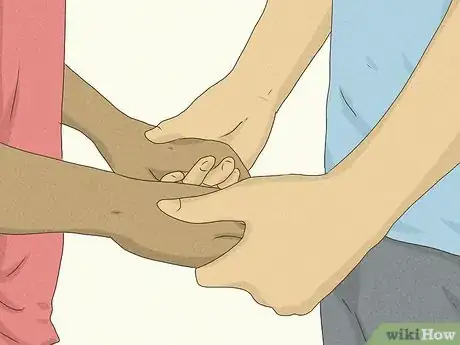



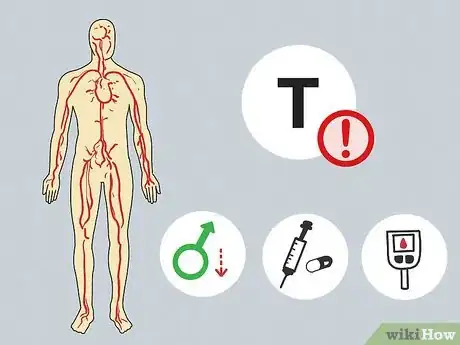
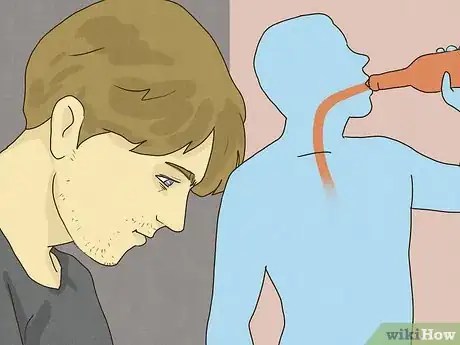
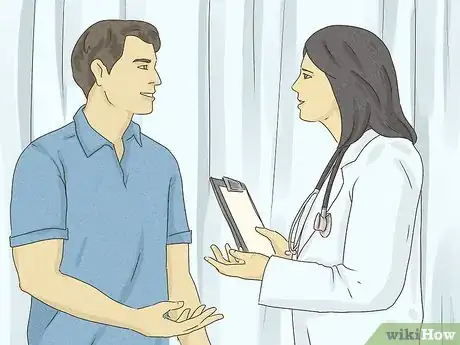

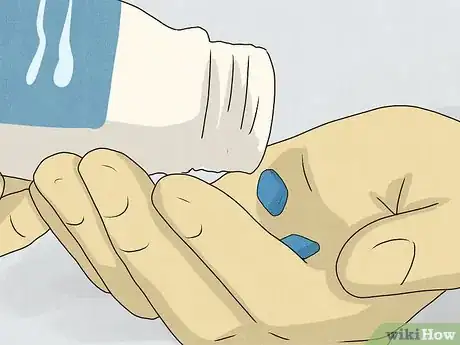
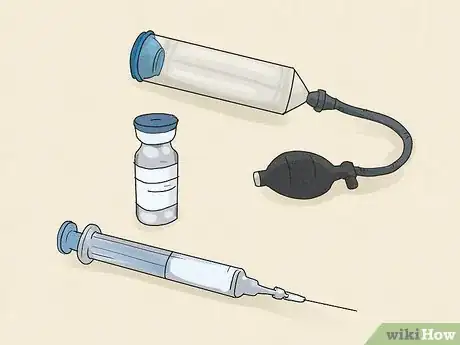
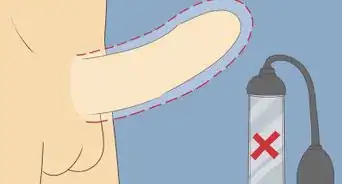

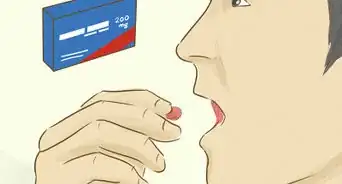

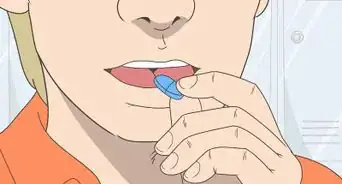

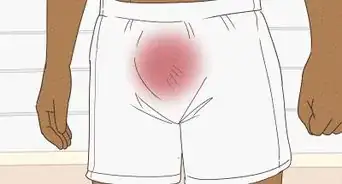
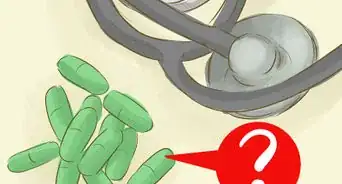



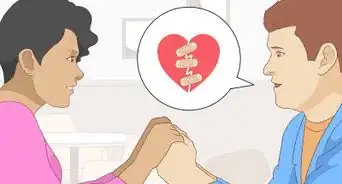








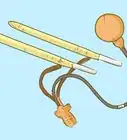
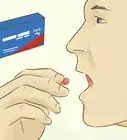




































Medical Disclaimer
The content of this article is not intended to be a substitute for professional medical advice, examination, diagnosis, or treatment. You should always contact your doctor or other qualified healthcare professional before starting, changing, or stopping any kind of health treatment.
Read More...